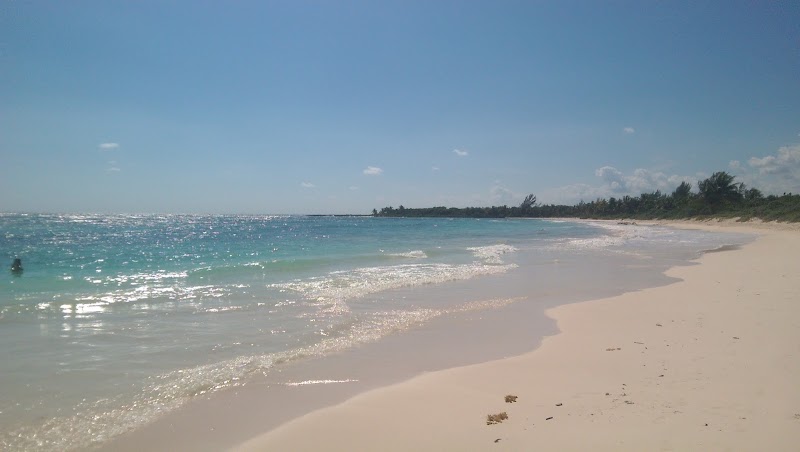
Yucatán Peninsula Adventures
The Yucatán Peninsula is a dynamic region in southeastern Mexico known for its rich cultural history, diverse ecosystems, and stunning natural sites.
About Yucatán Peninsula

The Yucatán Peninsula is a significant landmass in southeastern Mexico, bordered by the Gulf of Mexico and the Caribbean Sea. Known for its flat terrain, the region is covered with dense forests and has an abundance of natural wonders including cenotes, which are natural sinkholes containing water. These cenotes play a critical role in the ecosystem and are of cultural importance, once seen as sacred by the ancient Maya civilization. The Yucatán is famous for the remnants of its ancient Maya cities, including the world-renowned Chichen Itza and Tulum ruins. The ecology of the region is rich, hosting a wide variety of flora and fauna, such as tropical birds, jaguars, and iguanas. Recreational activities abound here, from exploring archaeological sites to snorkeling and diving in its crystal-clear waters. Adventurers can discover the Sian Ka'an Biosphere Reserve, a UNESCO World Heritage site that provides a glimpse into the unspoiled beauty of this unique area. The region’s appeal extends to its traditional cities like Mérida, where vibrant cultures and historical architecture captivate visitors.
Highlights
Chichen Itza, one of the Seven Wonders of the Modern World.
The Great Maya Reef, the largest reef system in the Northern Hemisphere.
The vibrant city of Mérida, rich in colonial and Mayan history.
Cenotes, unique freshwater sinkholes scattered across the peninsula.
Notable Natural Features
Chichen Itza
A monumental site showcasing major structures from the ancient Maya civilization.
Cenote Ik Kil
A majestic cenote near Chichen Itza, perfect for swimming and exploring.
Sian Ka'an Biosphere Reserve
A diverse reserve protecting various ecosystems, from marine habitats to tropical forests.
